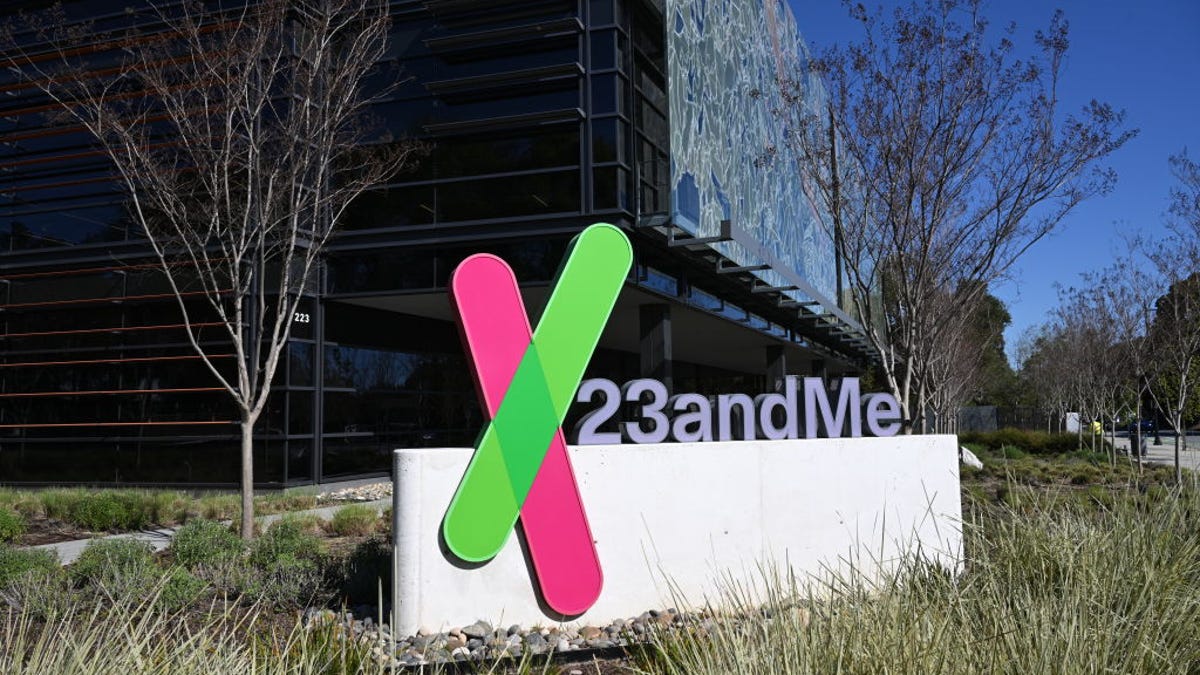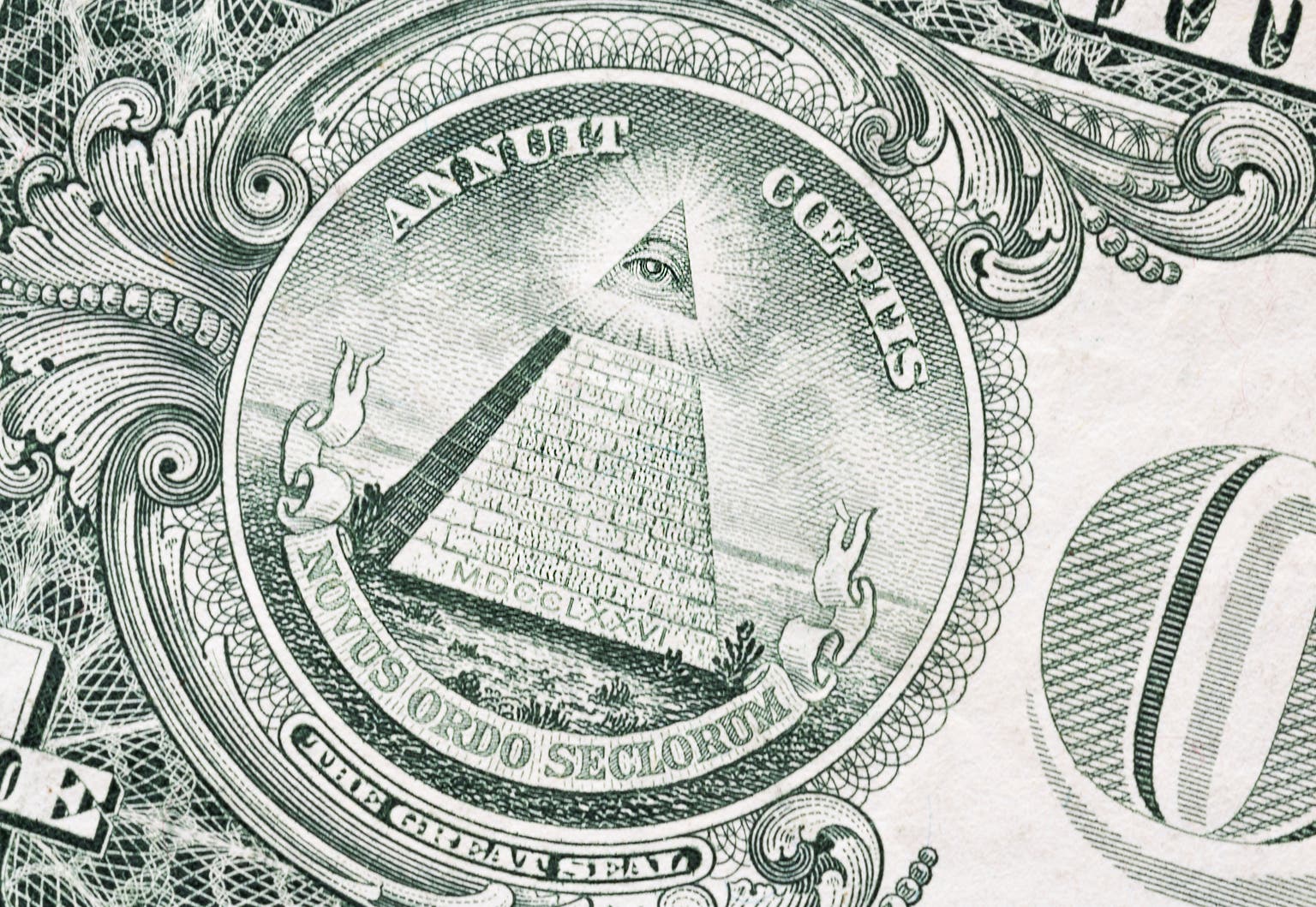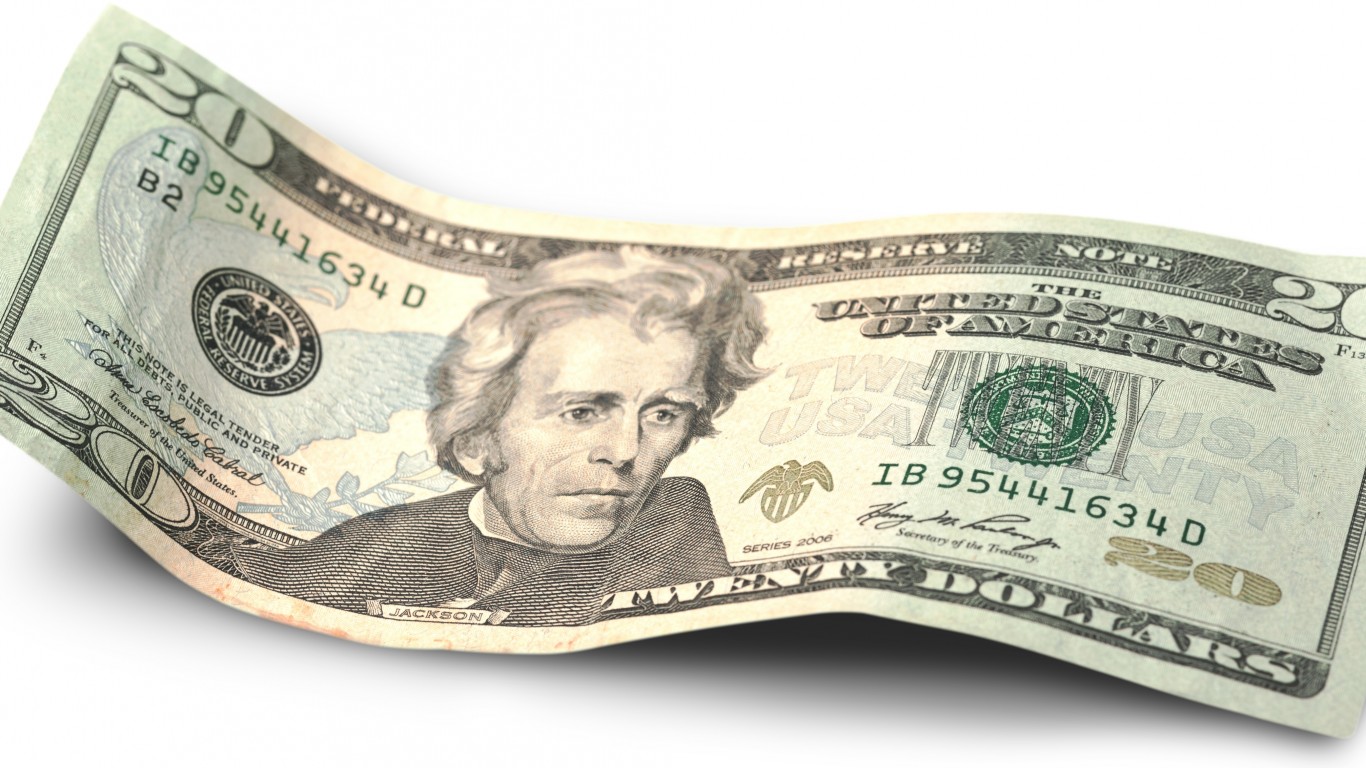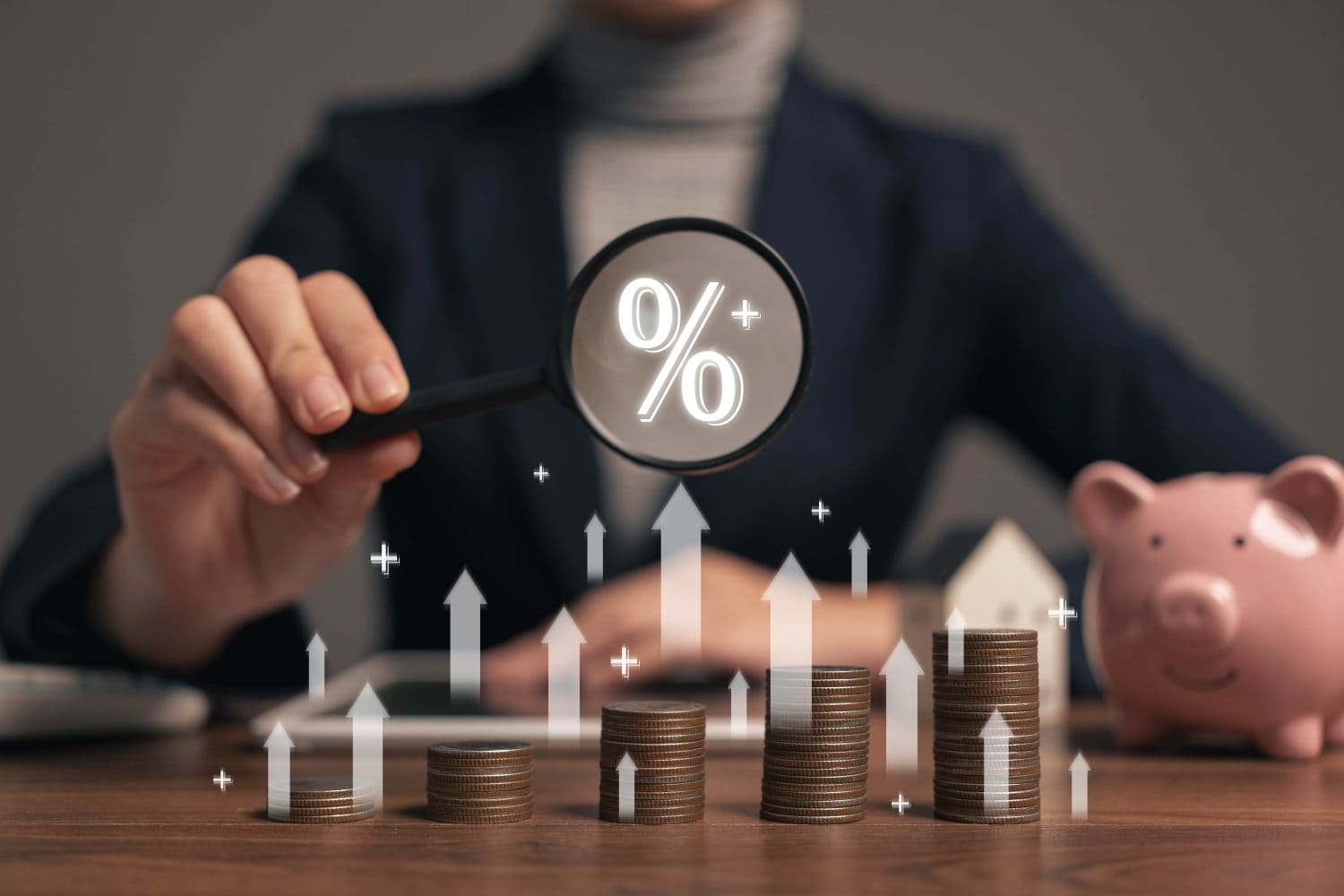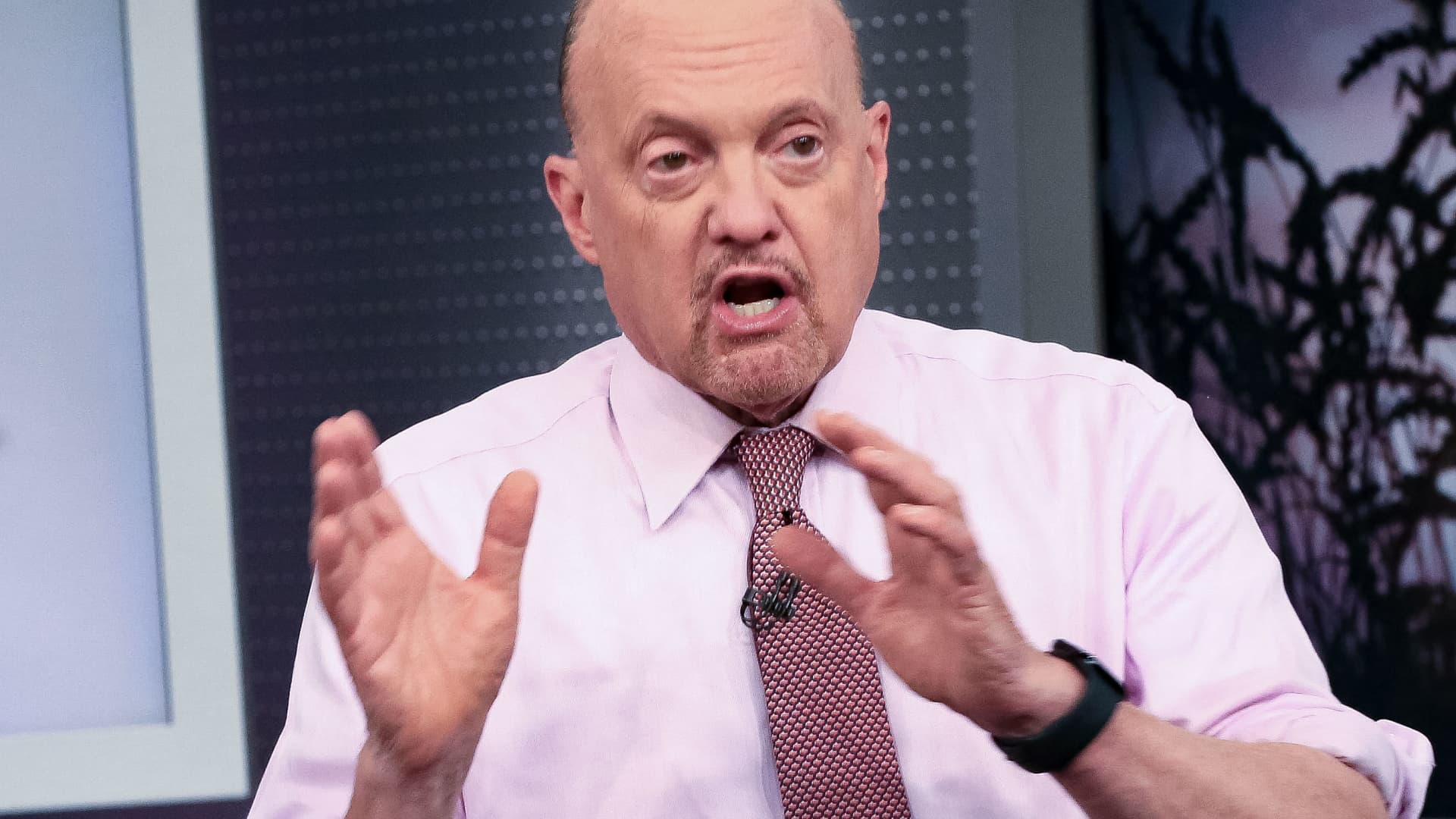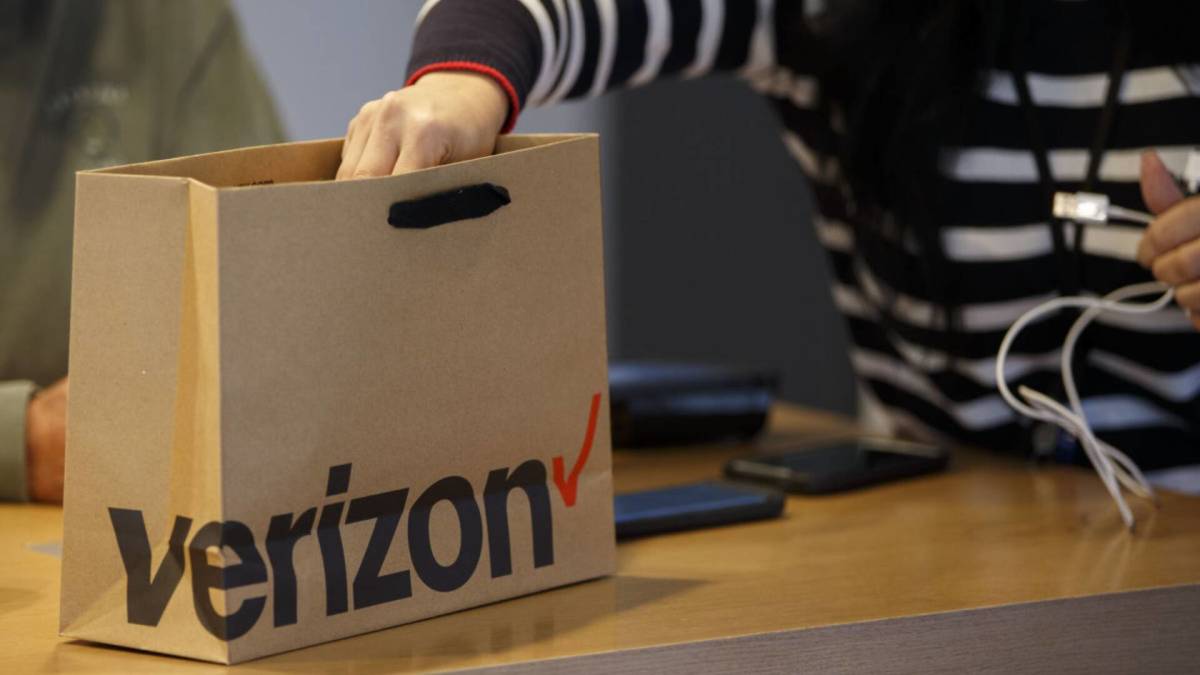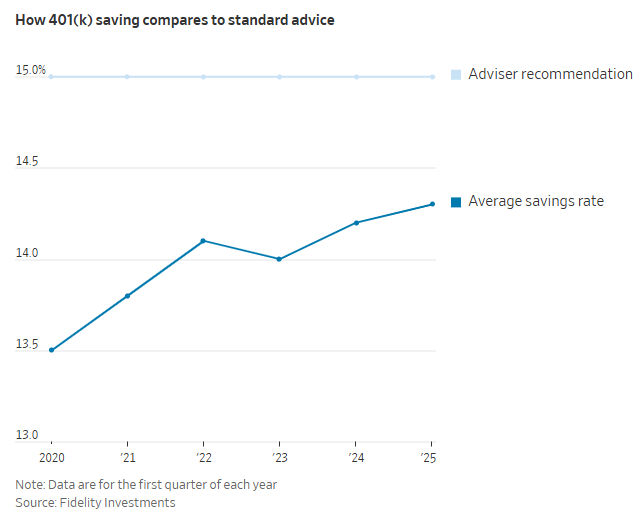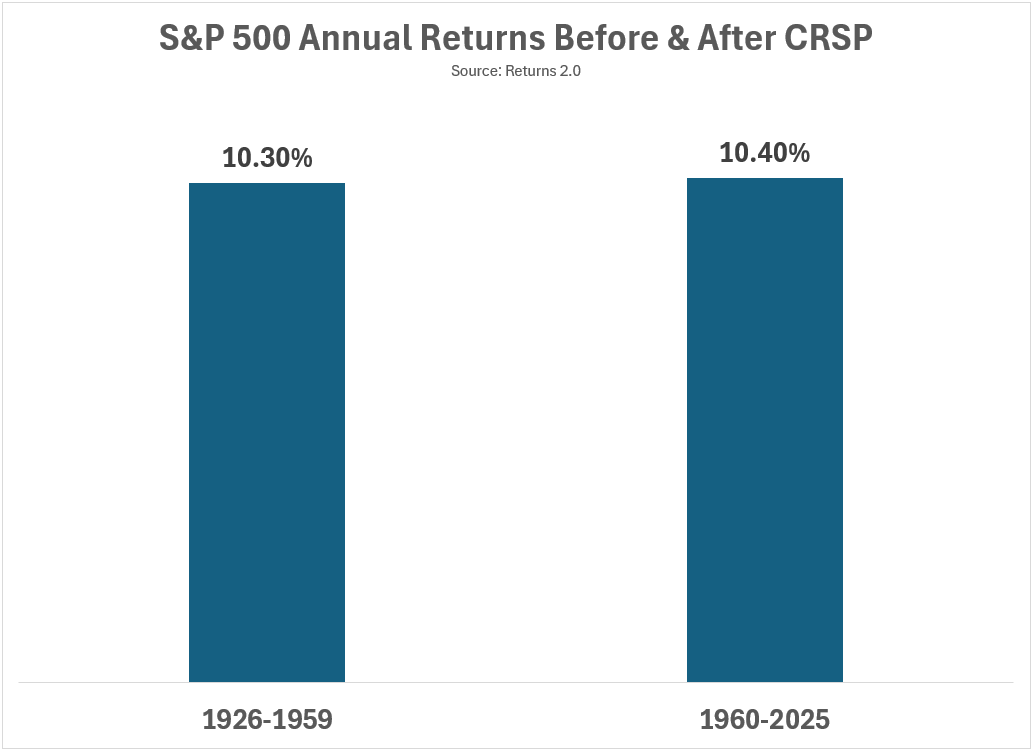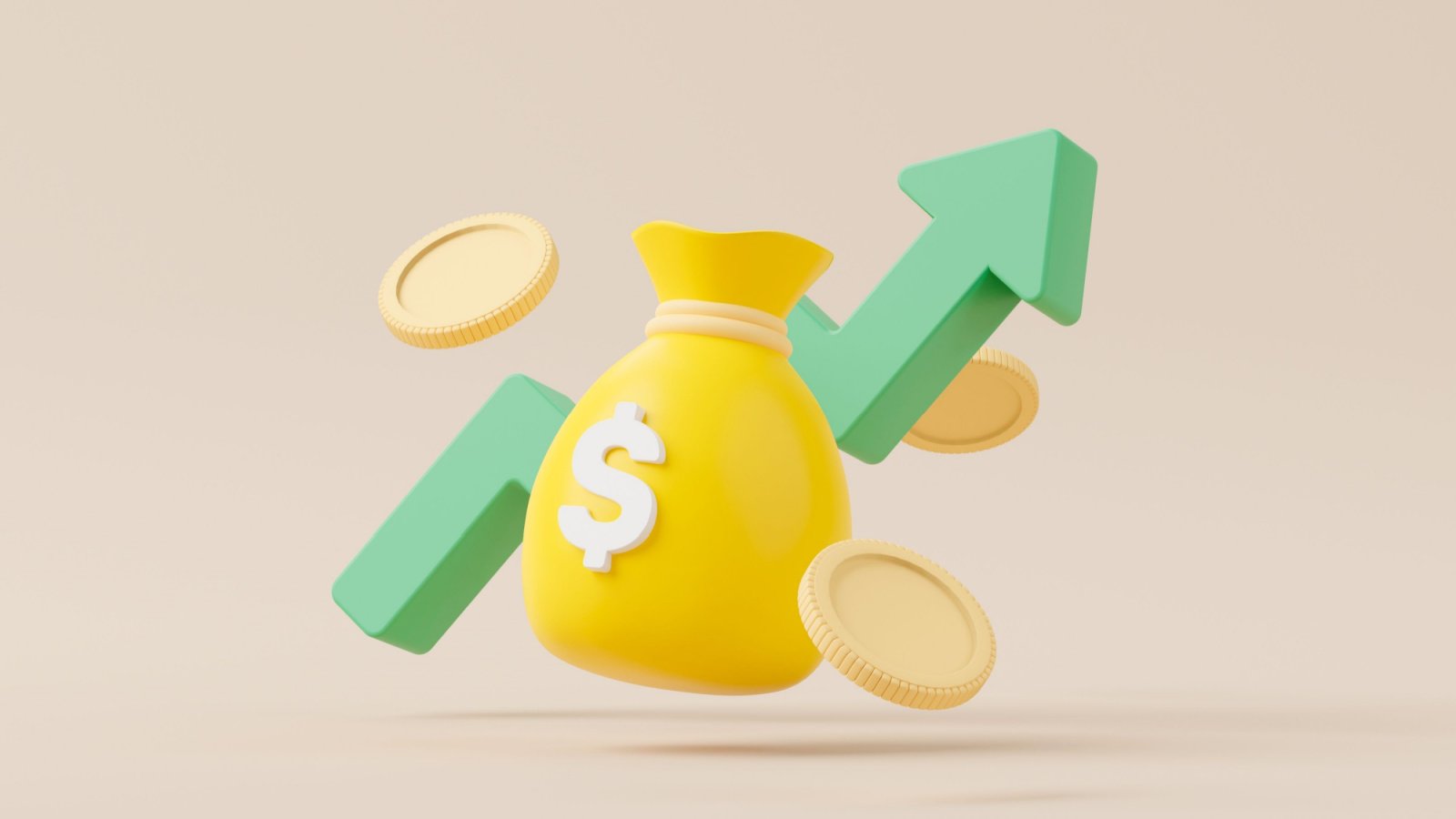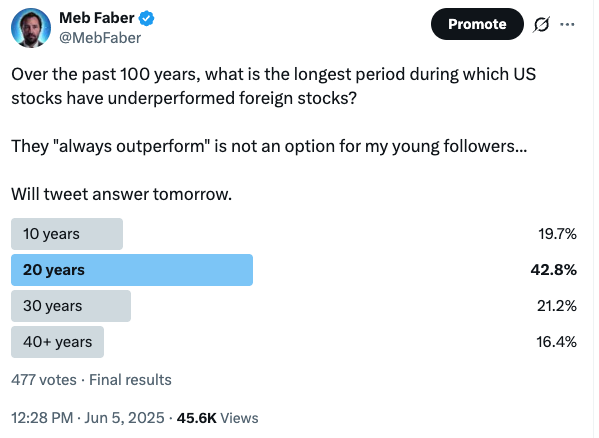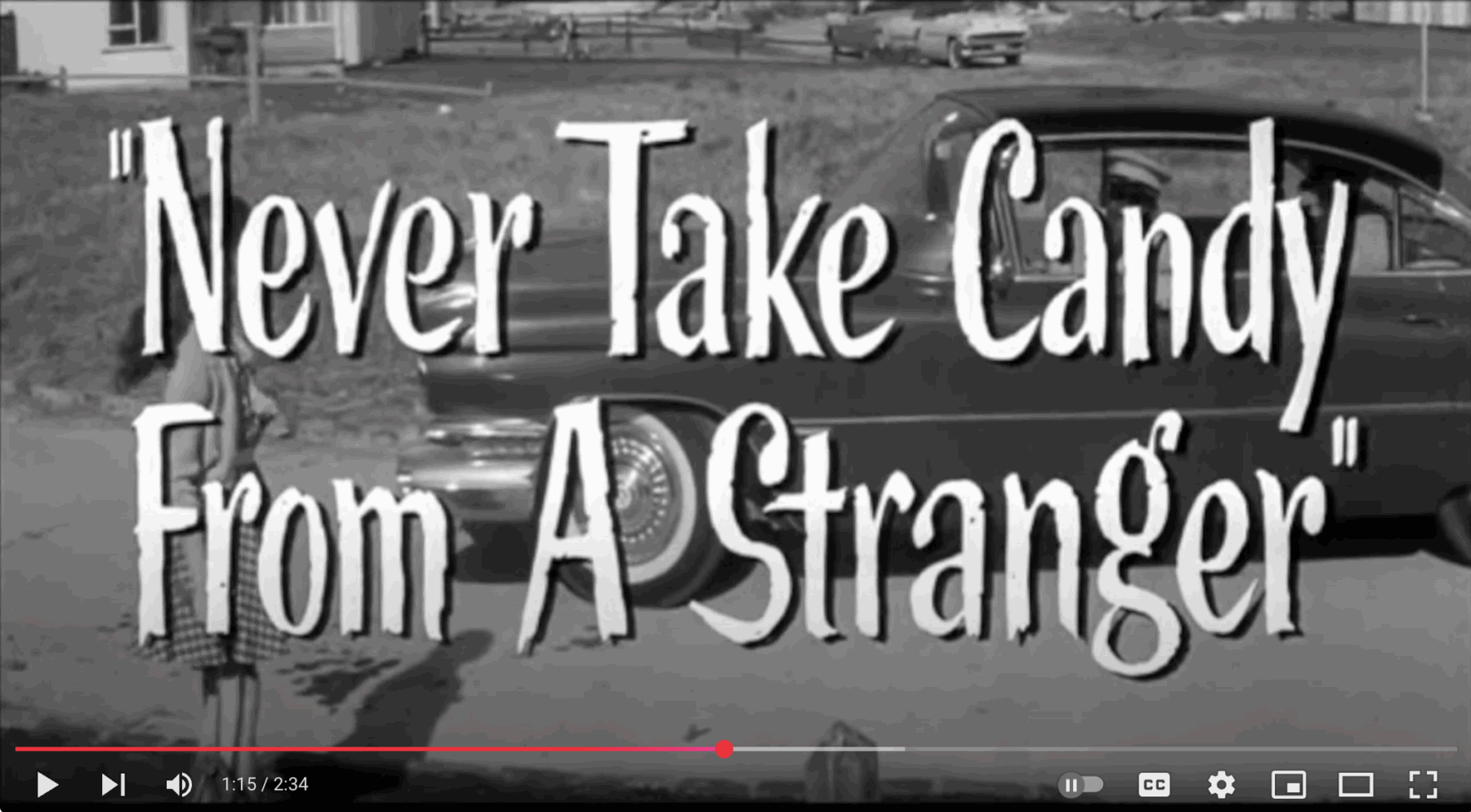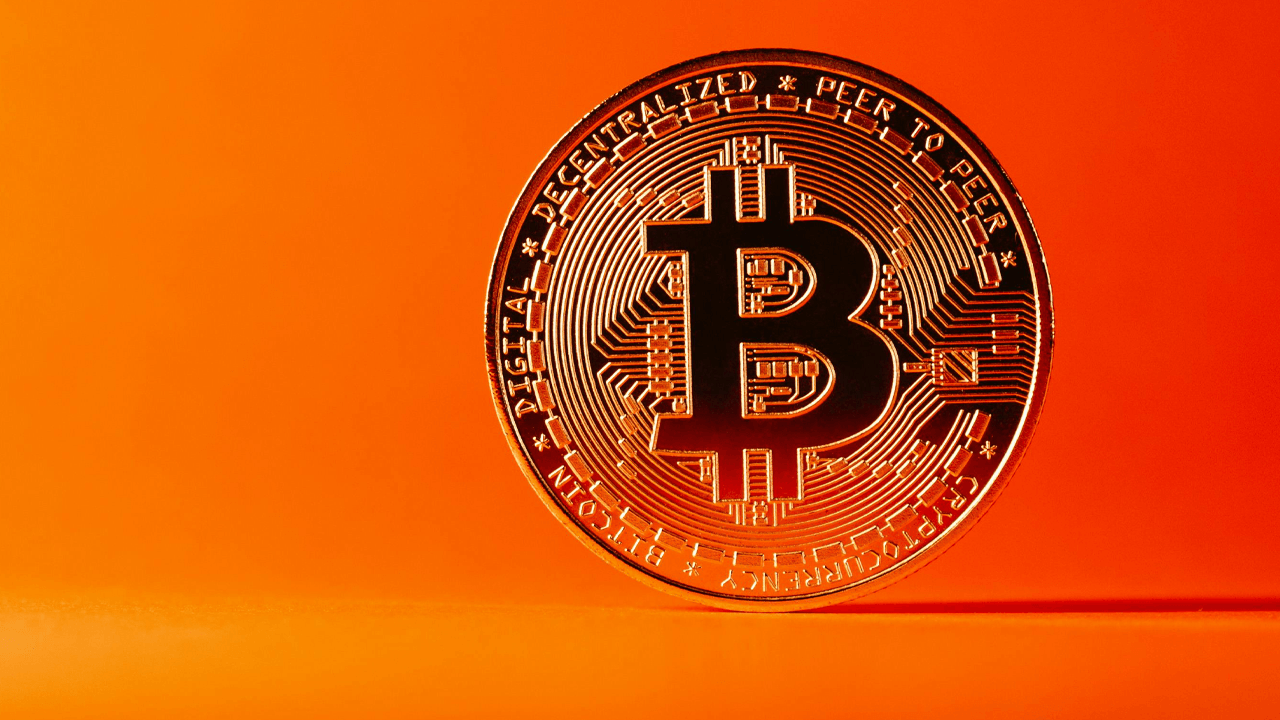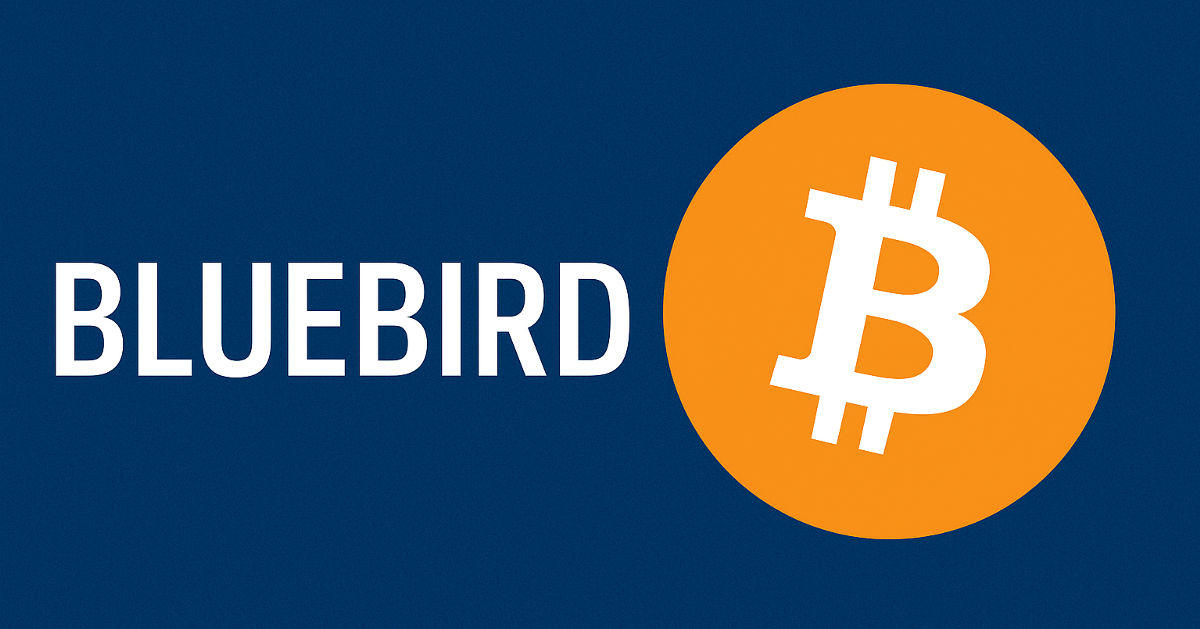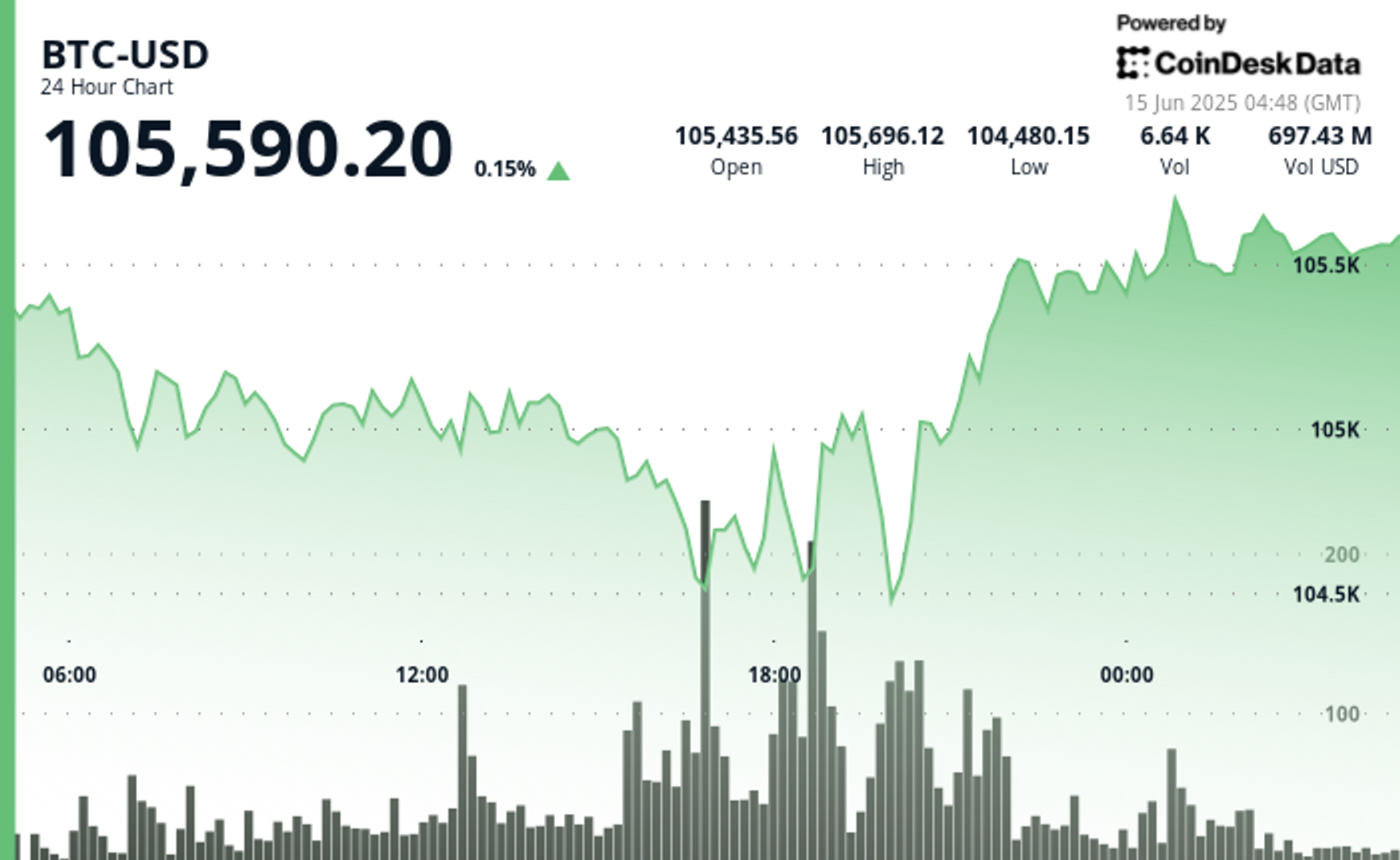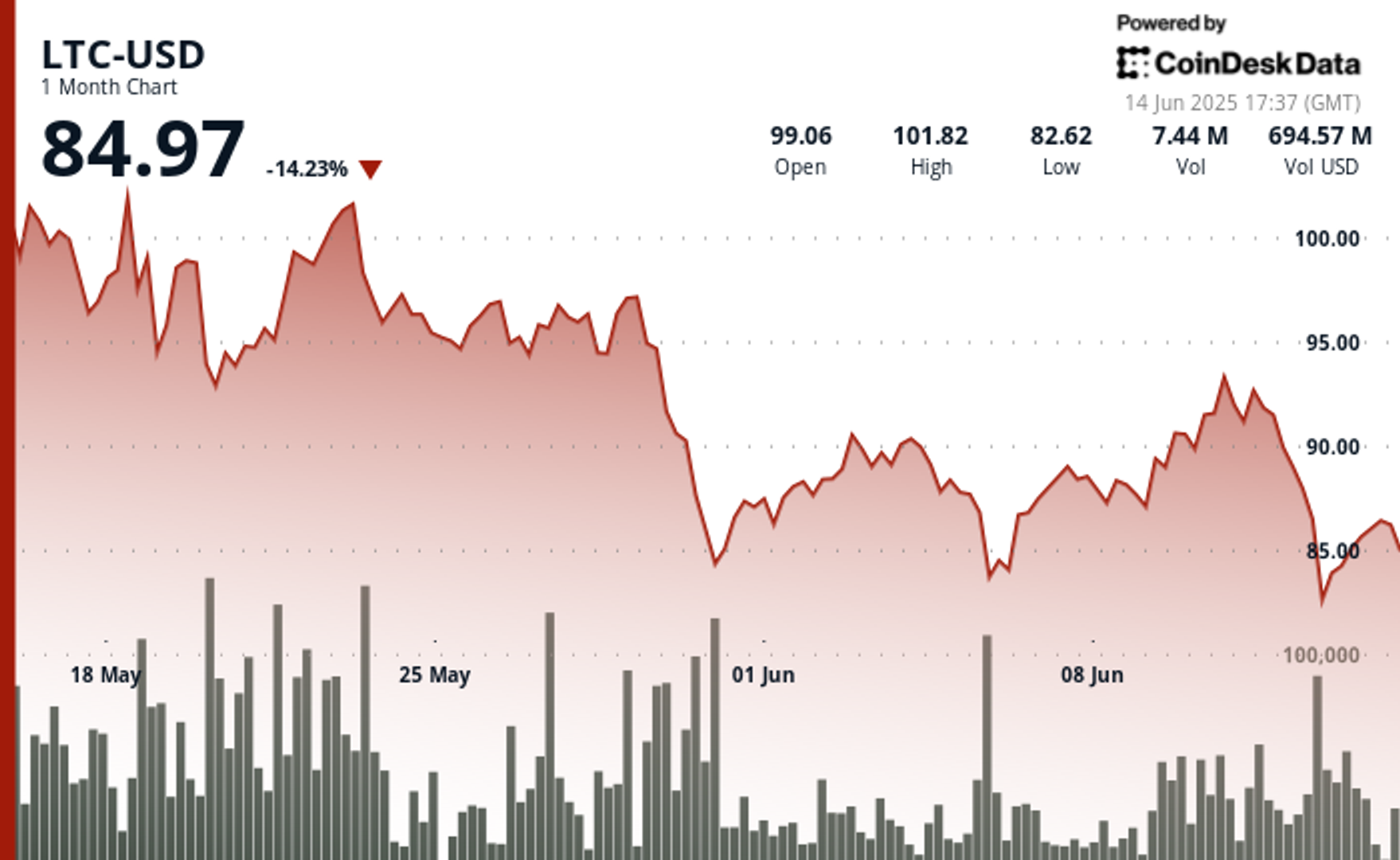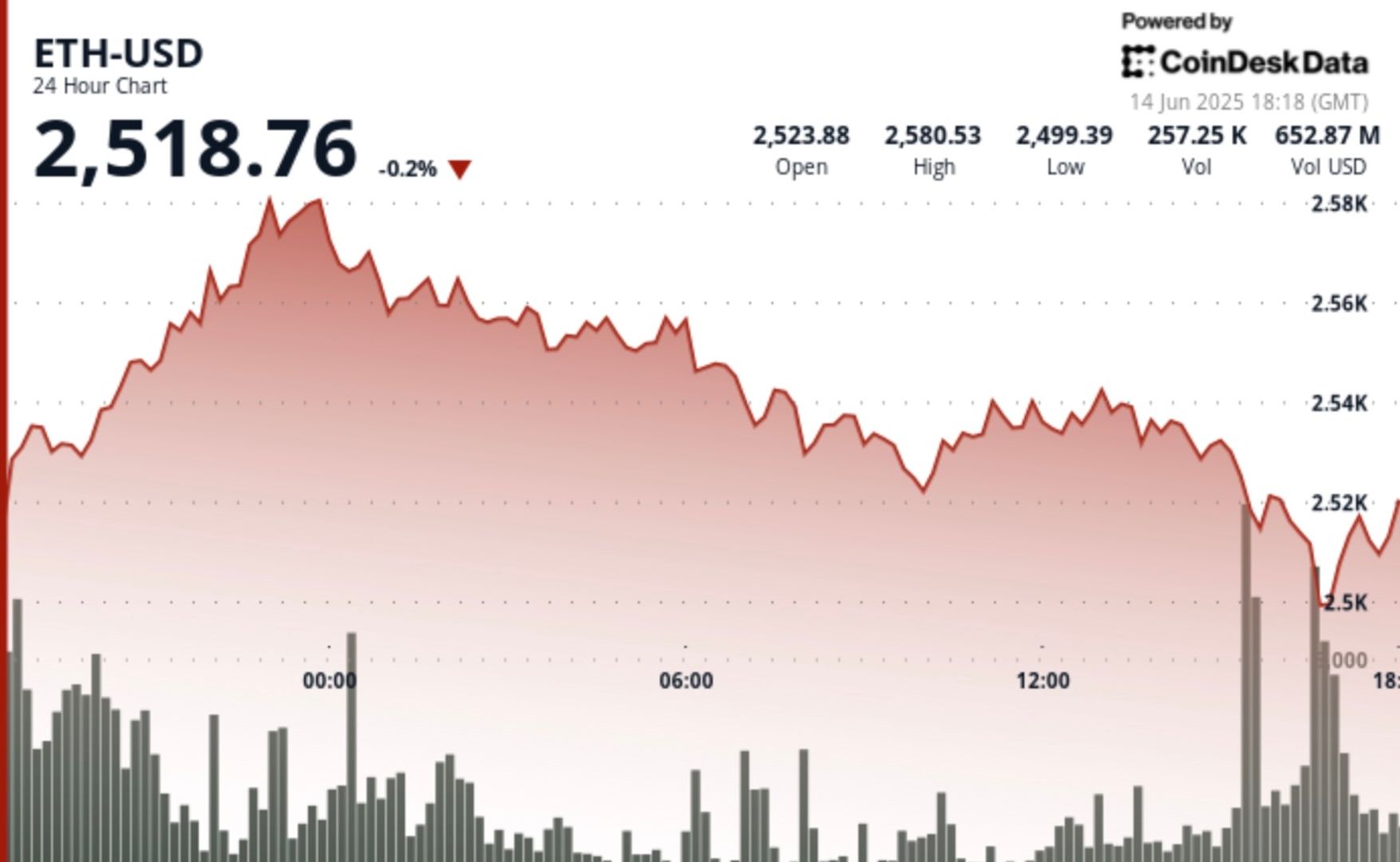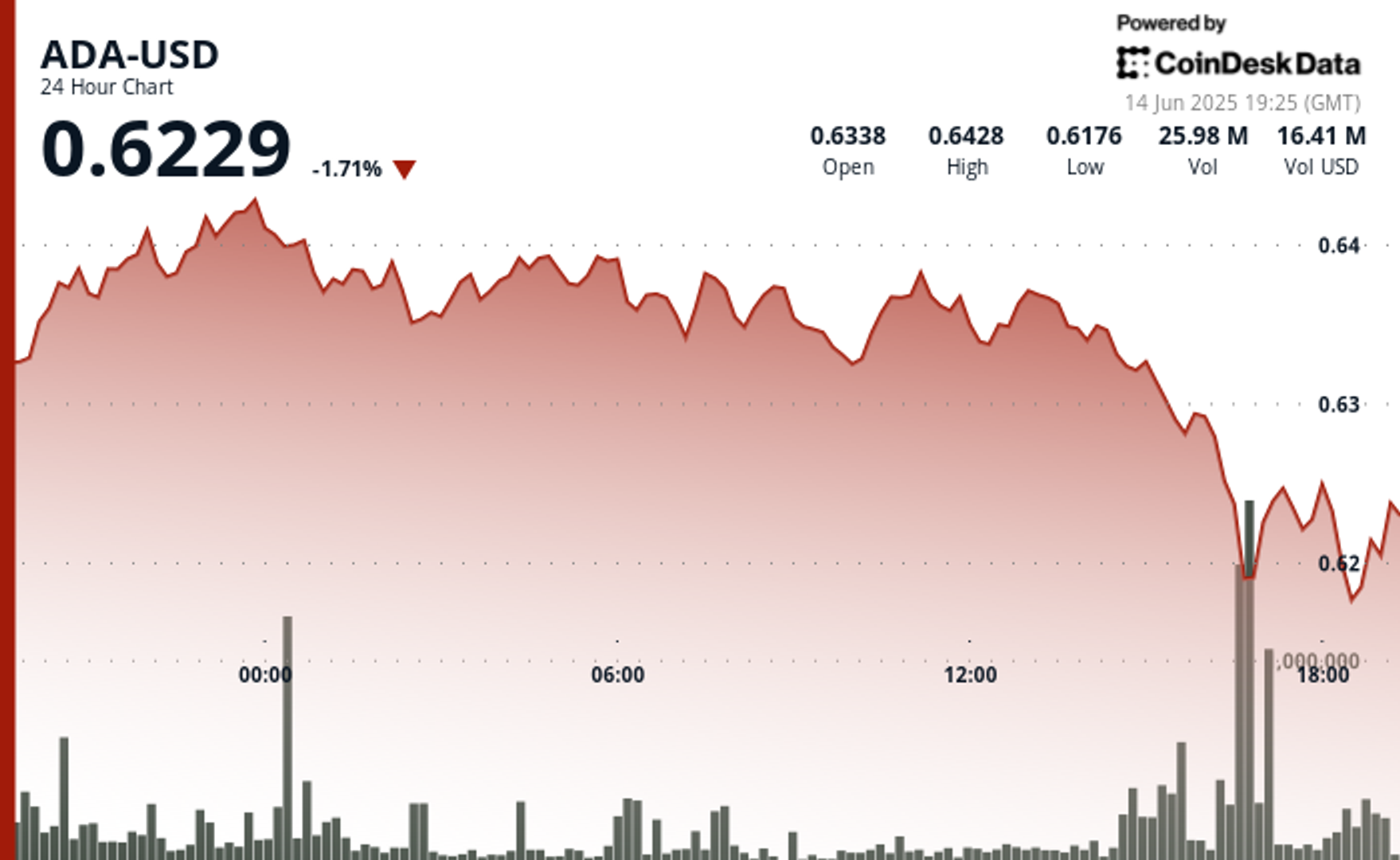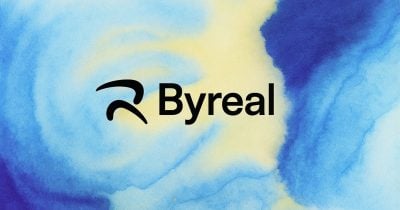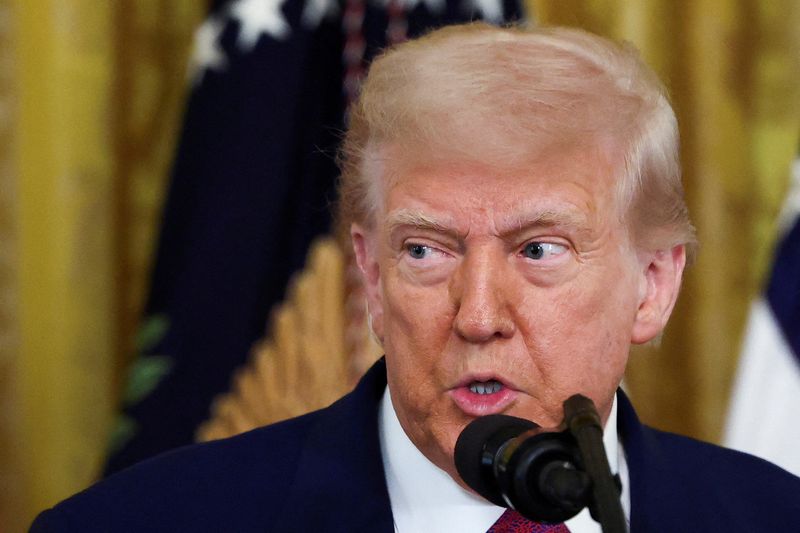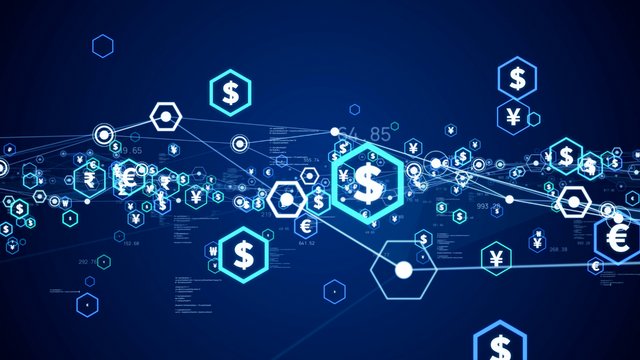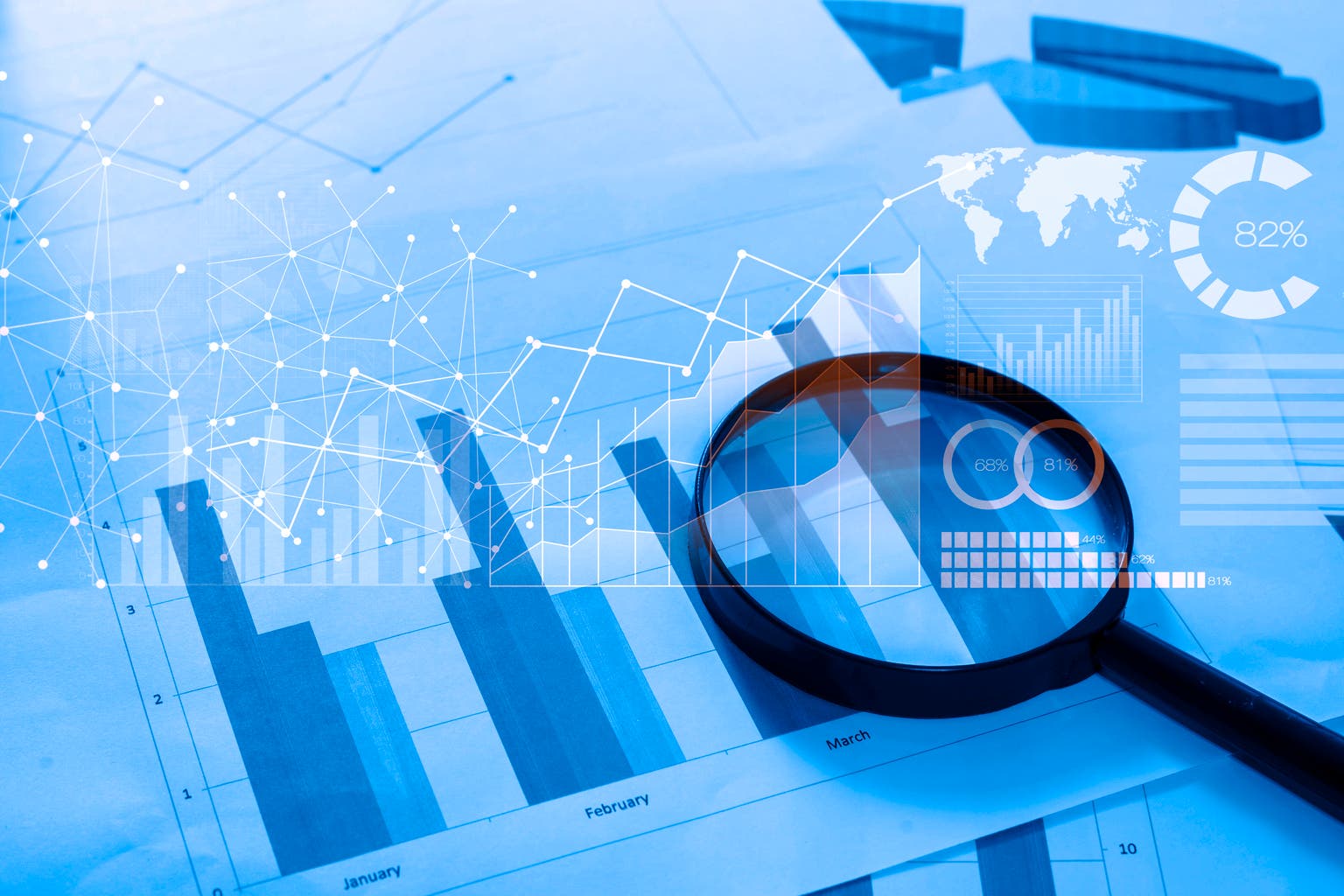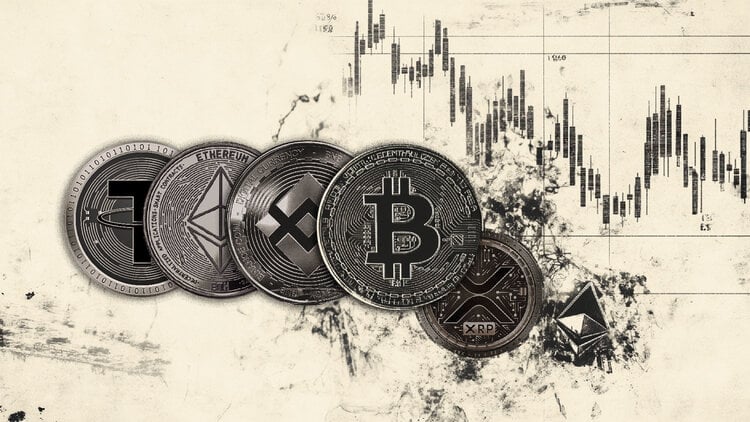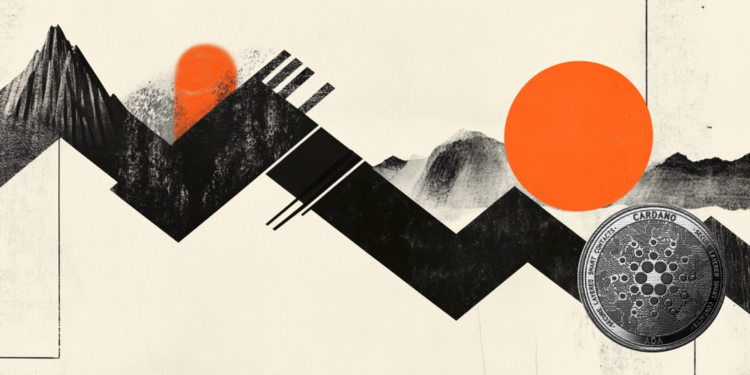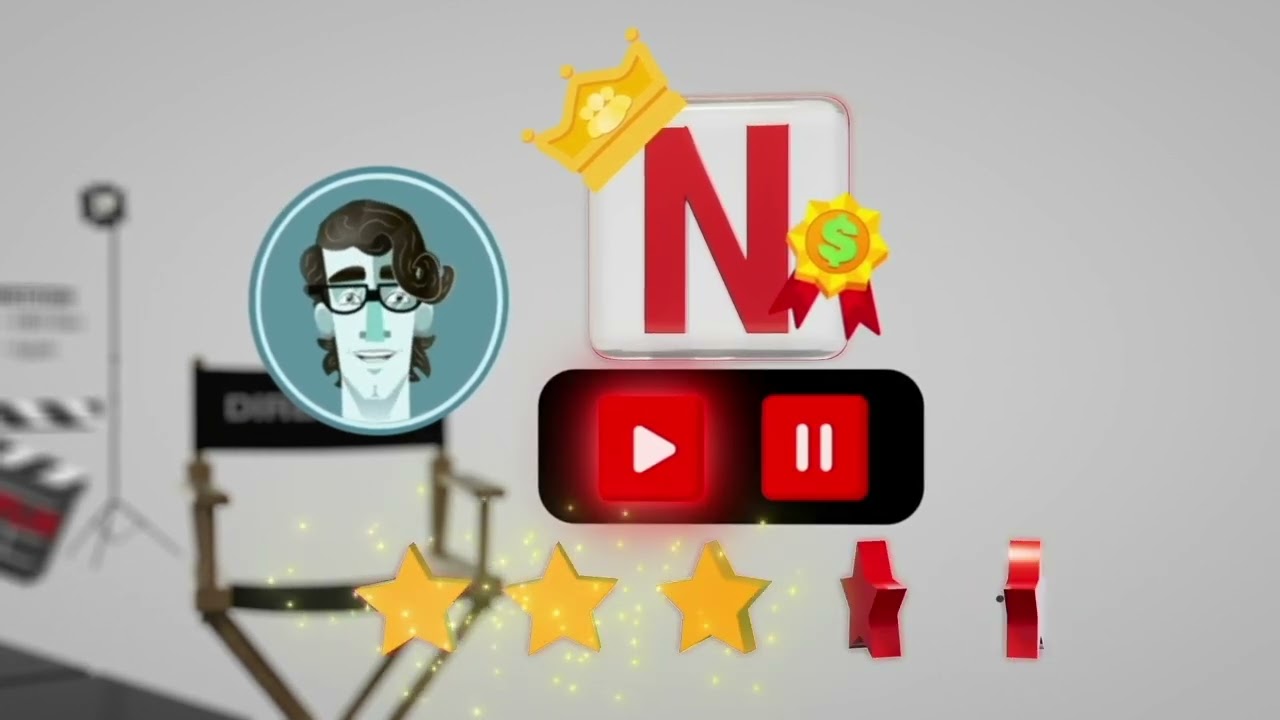Is It Better to Pay off Small Credit Card Balances, Or Leave Them Be?
There’s a reason so many Americans end up with credit card debt. Instead of paying their balances in full every month, they carry those balances forward, allowing interest to accrue. In this Reddit post, someone asks an important question: Is it true that getting a credit card and using it to make purchases you pay […] The post Is It Better to Pay off Small Credit Card Balances, Or Leave Them Be? appeared first on 24/7 Wall St..
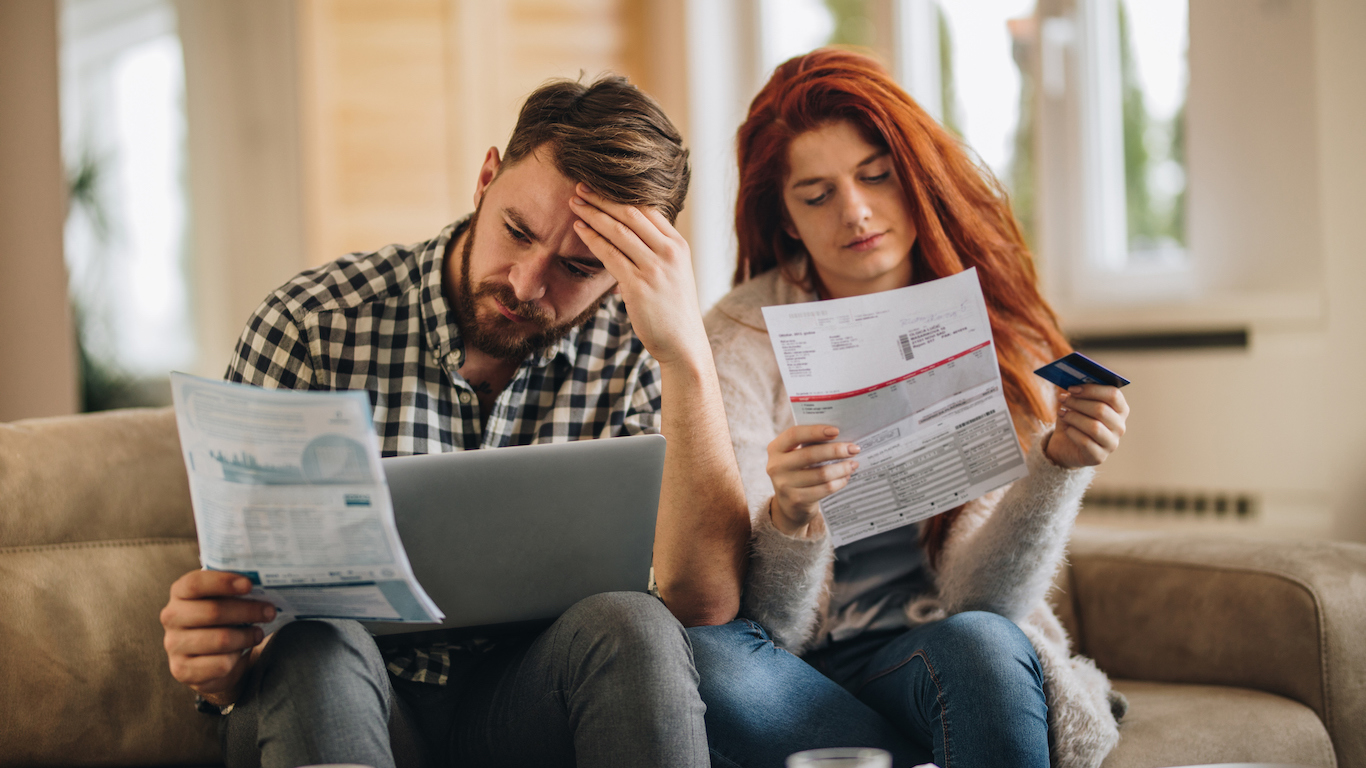
Key Points
-
Paying off your credit cards right away can help you avoid wasting money on interest.
-
It could also help keep your credit score in great shape.
-
There’s a good chance your credit card will charge you more in interest than you’ll earn elsewhere, so in many cases, paying your balance should trump other goals.
- Did you know some credit cards can actually help you get OUT of debt faster? The secret: using a card with a ‘0% Intro APR‘ period (not all do, but theses ones are top picks from the editors at FinanceBuzz). The math is straight forward, and can save you hundreds, thousands, even tens of thousands of dollars if used correctly. Find the right card for you by clicking here.
There’s a reason so many Americans end up with credit card debt. Instead of paying their balances in full every month, they carry those balances forward, allowing interest to accrue.
In this Reddit post, someone asks an important question: Is it true that getting a credit card and using it to make purchases you pay off right away is good for your credit score?
The answer is, yes. Establishing a payment history on a credit card could help your score improve. And it’s best to pay off your credit cards right away to avoid interest charges.
But how do you balance paying off credit cards with other financial goals? There’s actually an easy way to do that.
The upside of using credit cards
There are plenty of benefits to using credit cards for purchases. You can rack up rewards or cash back on the things you buy, and you get protection in the event that a purchase of yours doesn’t end up being what you expected.
For example, if you pay for a service and feel it wasn’t done in a satisfactory manner, you can dispute the charge. Or, if you buy something that breaks and the merchant doesn’t refund your money or replace the item, you can dispute the charge as well.
Using credit cards could also help you establish a payment history, which could help you build credit. And if you already have good credit, paying a credit card bill on time every month could help your score stay in great shape.
You don’t have to go to the extreme of paying off your credit cards every time you make a purchase for them to be helpful to your credit score. Paying your bills in full every month should suffice. If you log into your credit card account and pay your balance every time you charge something, you could end up spending a lot of time making all of those individual payments.
Balancing credit card payments with other financial goals
If you owe money on your credit cards, you may be wondering whether you should pay your balances off versus tend to other financial goals. And the answer is, it almost always makes financial sense to tackle a credit card balance first.
With a credit card, you may be looking at a huge interest rate on your balance. If you carry that balance for two years, it might cost you more than what a stock portfolio pays you during that same two-year period, or what a savings account pays you in interest. (To be fair, recent stock market returns have been high. But the average yearly market return is generally below the typical credit card APR today.)
This isn’t to say that you shouldn’t save and invest for your future. But it’s best to make sure your credit cards are being paid off before you put money into an IRA or brokerage account.
What you should ideally do is create a budget for yourself that gives you room to pay off your credit cards and also contribute toward your long-term financial goals, like retirement. If you spend your money carefully, you should be able to pull off both goals simultaneously.
Remember, credit cards can be a very useful financial tool. And you can use them to earn free money in the course of buying the things you need.
You don’t have to rush to pay off every single credit card purchase the moment you make it. But it’s best to pay off your credit cards in full every month, even if it means having to contribute less toward other things you’re saving for.
The post Is It Better to Pay off Small Credit Card Balances, Or Leave Them Be? appeared first on 24/7 Wall St..
























